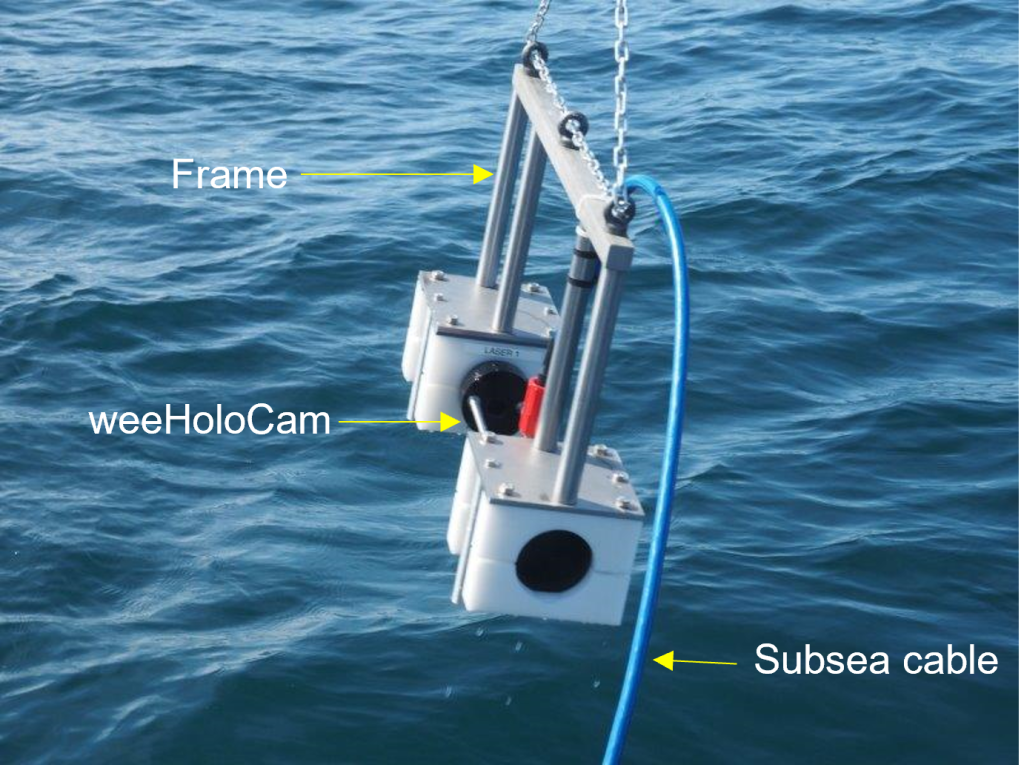Innovation body SAIC in talks to secure future funding

Efforts are under way to secure funding for SAIC, the Sustainable Aquaculture Innovation Centre, after its main source of support looks set to end in July next year.
SAIC, originally known as the Scottish Aquaculture Innovation Centre, has played a key role in funding and co-ordinating research and innovation in the aquaculture space. While it receives some funding from Scottish Enterprise and Highlands and Islands Enterprise, the Scottish Funding Council (SFC) is its main backer.
The SFC, which has a budget of around £2bn to support tertiary education and research throughout Scotland, supports seven innovation centres, including SAIC. Earlier this year the SFC reviewed its innovation strategy with the help of an independent panel, and this looks almost certain to leave at least some of these, including SAIC, seeking alternative sources of finance.
The existing grant of £10m from the SFC runs from 2019 up to July 2024. After that, SAIC will need to look elsewhere for support for its funded projects and 16 staff.
A spokesperson for the SFC said: “The review did not suggest that the innovation centres were not effective, but we are looking to align our investment with our strategic priorities. We are still finalising details, but we are working with SAIC and partners in government to find funders more suitable to their mission.
“We are operating in a very challenging financial environment.”
A spokesperson for SAIC said: “When SAIC, along with the other innovation centres, was created nearly a decade ago, it was always intended that the funding model with the Scottish Funding Council would change over time. During the latest review process undertaken by the SFC, it was decided that the current model was no longer suitable, and we have now decided to seek out alternative options.
“Innovation in aquaculture continues to be a priority for Scotland and our partners, including the Scottish Government, and SAIC’s mission remains the same: to maximise the economic potential of Scotland’s aquaculture sector through innovation, while minimising its environmental footprint.
“We are working closely with the Scottish Government, the Scottish Funding Council and other partners on our funding and delivery arrangements beyond July 2024, and we know there is a strong desire to ensure that we can continue our impactful work into the future. It is business as usual for SAIC and we are confident of a bright future delivering for the sector.”
Key projects
In May this year SAIC reached a milestone with its hundredth funded aquaculture project. The organisation calculates that the £9.3m it has invested up to that point turned into sector-critical research with a combined value of nearly £71m.
In 2022, an economic impact assessment carried out by economists Frontline Consultants concluded that by 2026 SAIC could be expected to deliver additional annual turnover of £50m for companies involved in its projects, and 600 new full time equivalent jobs.
SAIC has backed projects on topics as wide-ranging as the application of artificial intelligence in fish farming, cleaner fish welfare and providing early warning of harmful algal blooms.
The organisation has also supported events, co-hosting the Scottish Pavilion at the Aqua Nor trade show in Trondheim and organising a Sustainable Aquaculture Summit in Glasgow in May this year. SAIC is also due to host the International Sea Lice Conference in September next year.

The ‘weeHoloCam’ deployed in the North Sea, 2021 – a project supported by SAIC
Rallying round
Tavish Scott, Chief executive of industry body Salmon Scotland has written to Jenny Gilruth, Cabinet Secretary for Education & Skills in the Scottish Government, to express concern that SAIC’s future could be in question, and calling for the government to guarantee at least transitional funding of £1m annually when the SFC grant ends.
Scott argues, among other things: “SAIC has contributed to recognising the actual and potential economic impact of the aquaculture sector and is an important delivery vehicle in helping to achieve Scotland’s National Strategy for Economic Transformation. Its work has already contributed 1,022 new or secured jobs to the Scottish economy, and increased or safeguarded existing business turnover by £832m.”
Oliver Robinson, Chief Executive at the British Trout Association, told Fish Farmer: “We all face challenges, with warmer sea temperatures and the impact of extreme climate events. The co-ordination aspect of SAIC’s work is really important.
I would say to the Scottish Government that we need SAIC for locally focussed, practical work ion the farms, with practical, commercial outcomes.”
The SFC says it is looking to find a solution to allow SAIC to continue. As its spokesperson put it: “There’s a lot of good work that has been carried out, and we don’t want to see that lost.”

